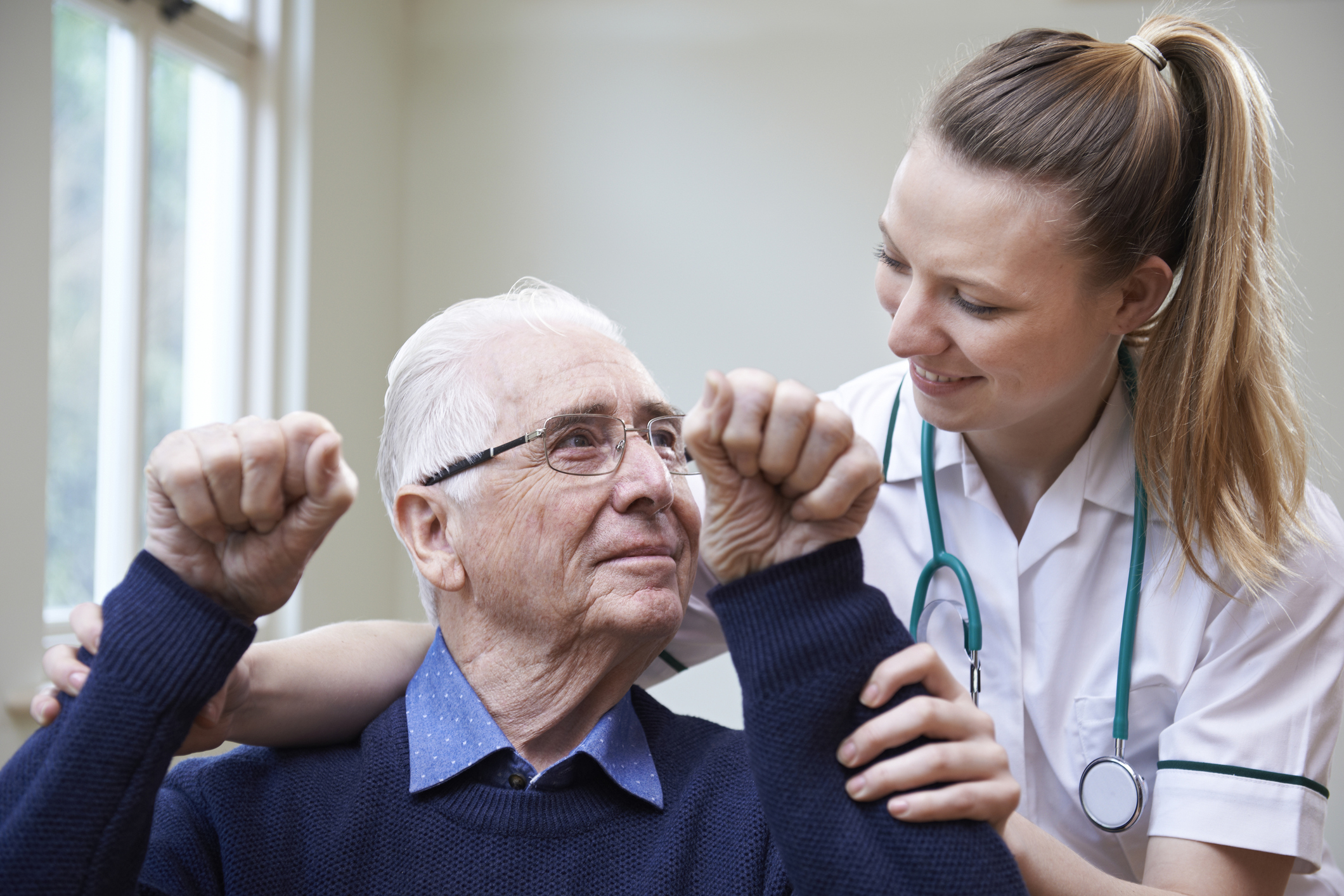Nearly 800,000 strokes occur each year in the United States and almost 1 in 4 are recurrent strokes following a first stroke. Within the first 5 years after an initial stroke, the risk for another stroke can increase by more than 40 per cent but a high percentage (80 per cent) can be prevented with lifestyle changes and medical intervention. That’s why rehabilitation and follow-up are so important and groundbreaking new technology could help doctors keep better track of patients after they return home and monitor recovery or catch problems with swallowing or speech earlier.
According to a recent report by Science News, researchers at Northwestern University in Evanston have developed stick-on sensors that, when worn on the neck, can detect swallowing or speaking problems as well as measure breathing, heart rate and sleep quality. The data is streamed continually to a smartphone (or tablet) and each sensor has a 12-hour rechargeable battery. The band-aid shaped wearable can be worn low on the neck and easily hidden with a collared shirt or scarf.
The data from the sensors will alert patients when they are underperforming on goals and help them track progress. A simple tablet or smartphone dashboard will allow to clinicians and patients to communicate easily and speed up recovery by fine tuning rehabilitation remotely following discharge.
As many as 65 per cent of stroke survivors have swallowing or speaking problems but many neck cancer patients also develop similar issues as a result of radiation therapy or surgery. The technology senses tissue movement rather than using microphones which can also record ambient sounds and provide misleading information. This new medical wearable technology is expected to be available for use within the next year or two.
To read more about the stretchable electronic sensors, follow this link to the Northwestern University website.
Reducing the Risk for Recurrent Stroke
- Stop smoking – it doubles the risk for another stroke
- Manage high blood pressure
- Take medications as prescribed
- Manage high cholesterol, diabetes and atrial fibrillation
- Eat a healthy diet
- Get regular physical exercise
- Limit alcohol use – more than 2 drinks per day can increase risk for stroke by 50 per cent
Source: National Stroke Association






Add Your Voice
0 Comments
Join the Discussion